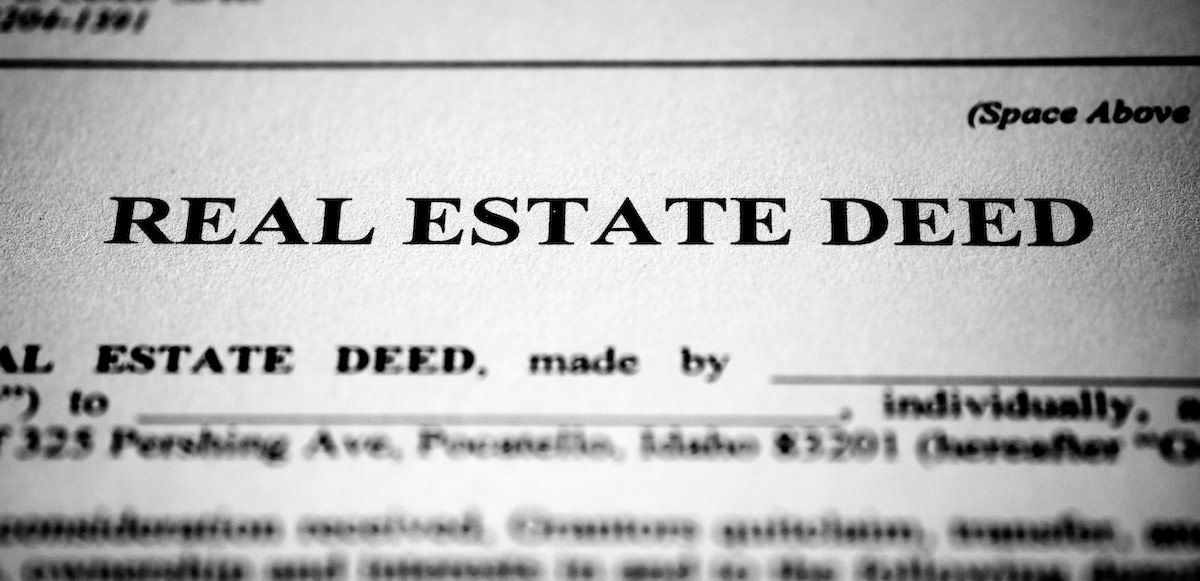Habendum Clause in Real Estate: Definition, Uses and Example
Written by MasterClass
Last updated: Oct 26, 2022 • 3 min read
When the original owner of a piece of land or property passes on their deed to another person, they do so in part by using the habendum clause. This stipulates the extent of the new person’s right to the property, as well as the duration for which they can expect to hold on to it. Learn more about the value of a habendum clause.
Learn From the Best
What Is a Habendum Clause?
The habendum clause states what rights a person has when taking over a piece of land or property, as well as any other stipulations about the nature or duration of their ownership rights. It gets its name from the Latin phrase “habendum et tenendum,” meaning “to have and to hold.” Some people refer to it as the “term clause” since it specifies the terms of a person’s lease or purchase agreement.
3 Uses for the Habendum Clause
This type of clause appears in a variety of contracts involving land, buildings, and homes. Here are three prominent uses for the habendum clause:
- 1. Oil and gas leases: Most of the property zoning leases for the oil and gas industry come with two phases. The primary term of the habendum clause allows for a drilling company to explore an area of land to see if they can extract fossil fuels from the ground. This includes mineral rights to the surrounding area as well. The secondary term begins after extraction gets off to a good start. If it never does, the lease expires after the primary term.
- 2. Real estate leases: When the lessee assumes a property from a lessor, they do so with the knowledge there’s a countdown to their ownership. In lease agreements, the habendum clause specifies both the nature of a person’s property rights, as well as the agreed-upon amount of time they will hold on to these rights. It’s possible they could renew their lease or move on to purchase the property outright, but this would require a new contract and a new habendum clause.
- 3. Real estate purchases: The new owner of a property receives their ownership rights via the habendum clause in their real estate contract. Many of these clauses grant full property rights without any stipulations or addendums, but others might include some caveats.
Habendum Clause in Real Estate
In real estate, the habendum clause often transfers ownership without restrictions or encumbrances. The grantor passes on the property to the grantee as an asset, after which the grantee must take over all liabilities, mortgage payments, and responsibilities. Still, there are other specific circumstances in which this “fee simple absolute” arrangement is not possible.
Potential Habendum Clause Stipulations
The habendum clause isn’t always fee simple absolute; sometimes different real estate terms are necessary. Here are just a few possible stipulations you might encounter:
- Timeshare leases: The type of property you plan to transfer or receive might affect the habendum clause in your lease or purchase contract. For example, if you plan to purchase a timeshare in a vacation property, you do so with the knowledge your ownership only applies to a specific period of time each year.
- Transfer after death arrangements: Some owners might wish to bequeath their property to heirs without having them go through probate. In these cases, they might facilitate transfer of ownership upon the event of their death back to the original owner or to someone else.
- Treaty land agreements: The nature of the land a clause grants might affect property ownership in the long term. For instance, certain treaty lands in the United States are available for sale for a specific period of time. After the term of the lease is up, the property interests return to the Native lessor.
Habendum Clause Example
In basic legal language, you can expect a habendum clause for a lease agreement to look something like this: “Lessee will have and hold the real property beginning at the Term Commencement Date of January 1, 2022, and terminating on January 1, 2032.” This often follows a granting clause, which states the sum the lessee is to pay and other valuable considerations for leasing or purchasing the land or property.
MasterClass at Work
MasterClass at Work is the learning platform to help unlock the full potential of your employees and inspire a learning lifestyle in everyone. From negotiation to mindfulness to baking—these are just a few things your teams can explore.
